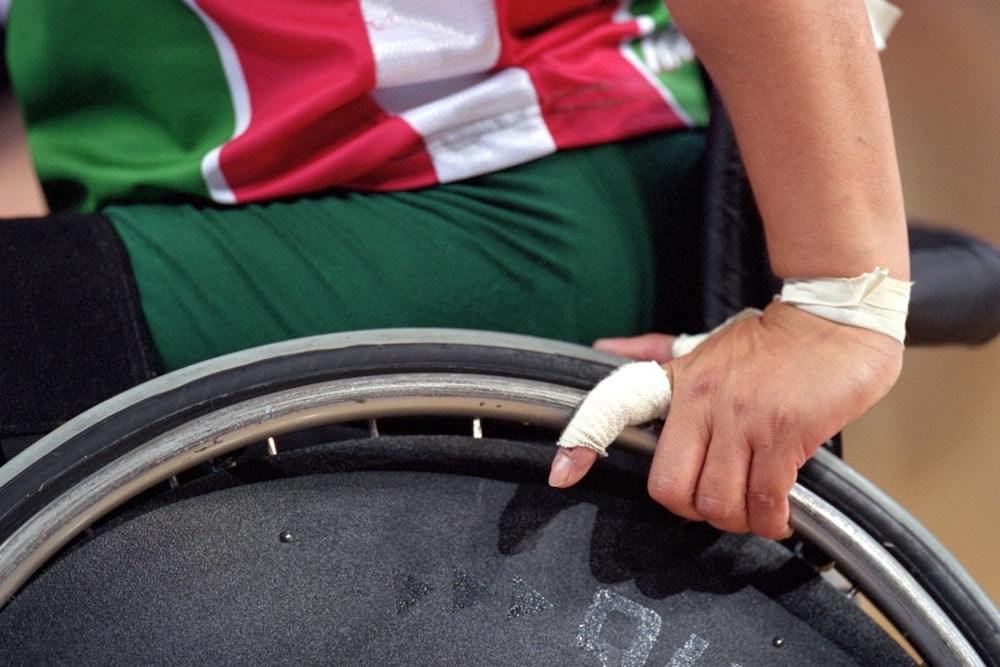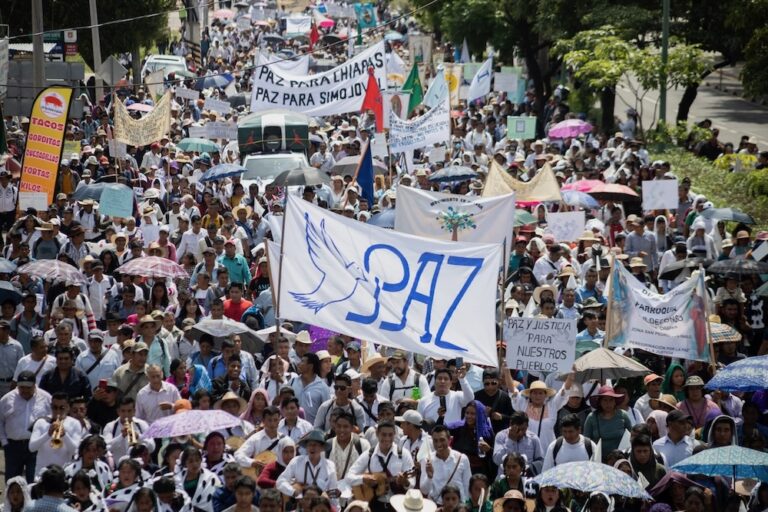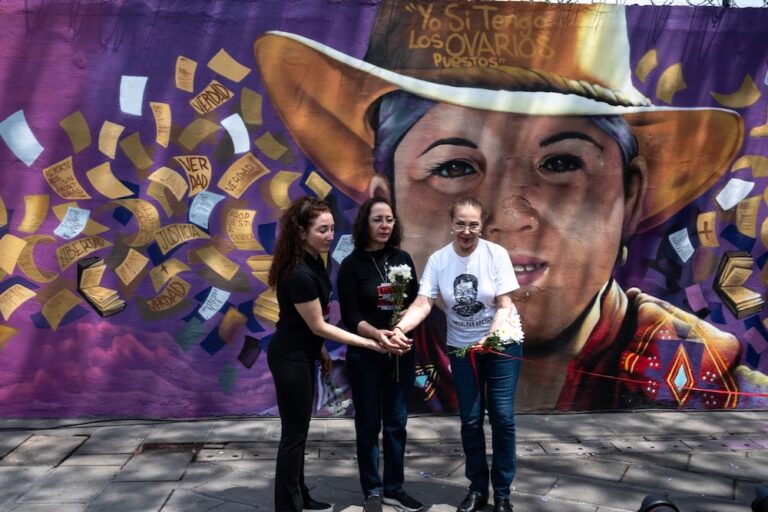Women with disabilities in Mexico are seeking to be visible sisters of the movement, and demanding inclusion in services provided for women, particularly related to gender-based violence.
This statement was originally published on hrw.org on 15 March 2022.
Government should fund shelters to make them accessible
Last week, thousands of women in Mexico took to the streets to commemorate International Women’s Day – including many women with disabilities. Seeking to be visible sisters of the movement, they are demanding inclusion in services provided for women, particularly related to gender-based violence.
Last year, Mexico’s Senate approved numerous amendments to the General Act to Ensure Women a Life Free of Violence. These amendments establish, among other things, that judges and other authorities must take into account the protection and support needed to enable women with disabilities to escape violent situations.
Human Rights Watch has documented cases in which lack of accessible shelters and support systems have led to women with disabilities being forced to go back to live with family members who were violent against them.
Guadalupe Huerta Mora, from Mexico City, was beaten severely by her three sisters-in-law, with whom she lived, with the acquiescence of her husband. The attack caused a spinal injury that left her unable to walk. In the absence of an accessible shelter, support services, or other options to keep her safe, Huerta Mora was forced to return to live with her abusers.
The amendments require authorities to apply the “differentiated approach principle” to take into account conditions women might have that place them at a high risk of exclusion, disability among them. However, current discussions in the House of Representatives do not include supplementary funding to implement these reforms, rendering them wholly ineffective.
Because of this, more than 150 human rights activists and organizations, including Human Rights Watch, sent an open letter to the chairs of the gender equality and budget commissions in the lower house, calling on them to adopt the reform with sufficient funding for implementation.
Other amendments require authorities to carry out studies analyzing the specific risks facing women with disabilities; create a register to determine the number of relevant cases; and design comprehensive inclusive policies for all relevant services, including on accessibility in shelters and justice centers for women. These centers also need to consider individualized personal support for women with high support needs and who are trapped with aggressors.
Mexico has adopted important provisions to ensure the safety and support for women with disabilities, but lawmakers now need to make sure that these protections do not exist only on paper.



